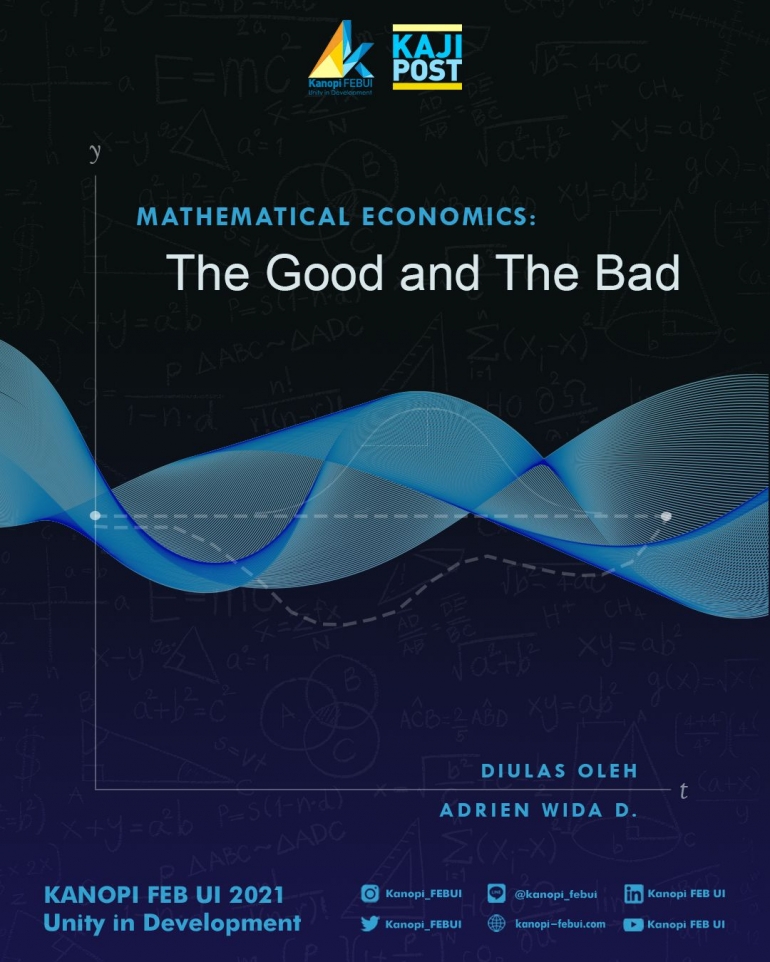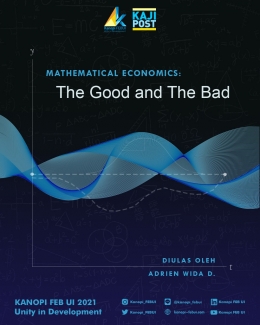One must accept that mathematics may and does serve as a cornerstone for current academic economics. However, in our pursuit of technical virtuosity, we frequently overlook the fact that this foundation should be one of numerous pillars ("a" foundation, not "the" foundation) upon which economics' structure should be built. Economic, historical, sociological, and political knowledge, as well as literature and philosophy of society, are all critical pillars. Today, many fields of economics have lost the sensitivity and balance required when working with a tool like mathematics.
Nonetheless, a new generation of economists has pushed the industry toward a more empirical attitude, emphasizing evidence over theory. Alan Krueger is one such case. Lawrance Katz, a Harvard economist once said that Alan Krueger "really changed the shape of economics and turned it into a more serious science." This is due to his empirical research.
Krueger is likely best recognized for his early 1990s work on the impacts of the minimum wage, which he conducted in partnership with Mr. Katz and David Card, the 2021 Nobel winner. Mr. Katz stated that he and Mr. Krueger anticipated to discover the same result. Rather than that, they detected no effect on employment -- a conclusion that has been important, though it is still debatable.
Krueger was content to follow the evidence wherever it led (Katz, 2019). His work was genuinely illustrative of why economics needs mathematics. However, we must constantly keep in mind that mathematics is not economics, and hence courses should include content on other aspects of economics. As John Maynard Keynes put it, "[t]he great economist must possess a rare mix of abilities - he must be a mathematician, historian, politician, and to some extent a philosopher" (Keynes, 1936).
Adrien Wida Devachandra | Economics 2020 | Staff of Kanopi FEB UI Studies Division 2020/2021
References
Casselman, B., & Tankersley, J. (2019, March 18). Alan B. Krueger, economic aide to Clinton and Obama, is dead at 58. The New York Times. Retrieved November 12, 2021, from https://www.nytimes.com/2019/03/18/obituaries/alan-krueger-dead.html.
Edesess, M. (2012, May 20). Economics is not math. Institute for New Economic Thinking. Retrieved November 12, 2021, from https://www.ineteconomics.org/about/news/2012/economics-is-not-math.
GRUBEL, H. E. R. B. E. R. T. G., & BOLAND, L. A. W. R. E. N. C. E. A. (1986). On the efficient use of mathematics in economics: Some theory, facts and results of an opinion survey. Kyklos, 39(3), 419--442. https://doi.org/10.1111/j.1467-6435.1986.tb00779.x
Jevons, W. S., & Jevons, H. S. (1912). Theory of political economy. W. S. Jevons , H. S. Jevons. Journal of Political Economy, 20(6), 652--652. https://doi.org/10.1086/252072
Mnard, C. (1980, January 1). Three forms of resistance to statistics: Say, Cournot, Walras, by Claude Menard. History of Political Economy. Retrieved November 12, 2021, from https://ideas.repec.org/a/hop/hopeec/v12y1980i4p524-541.html.







